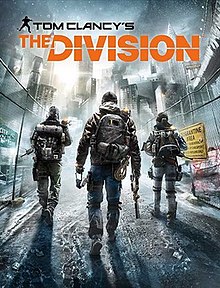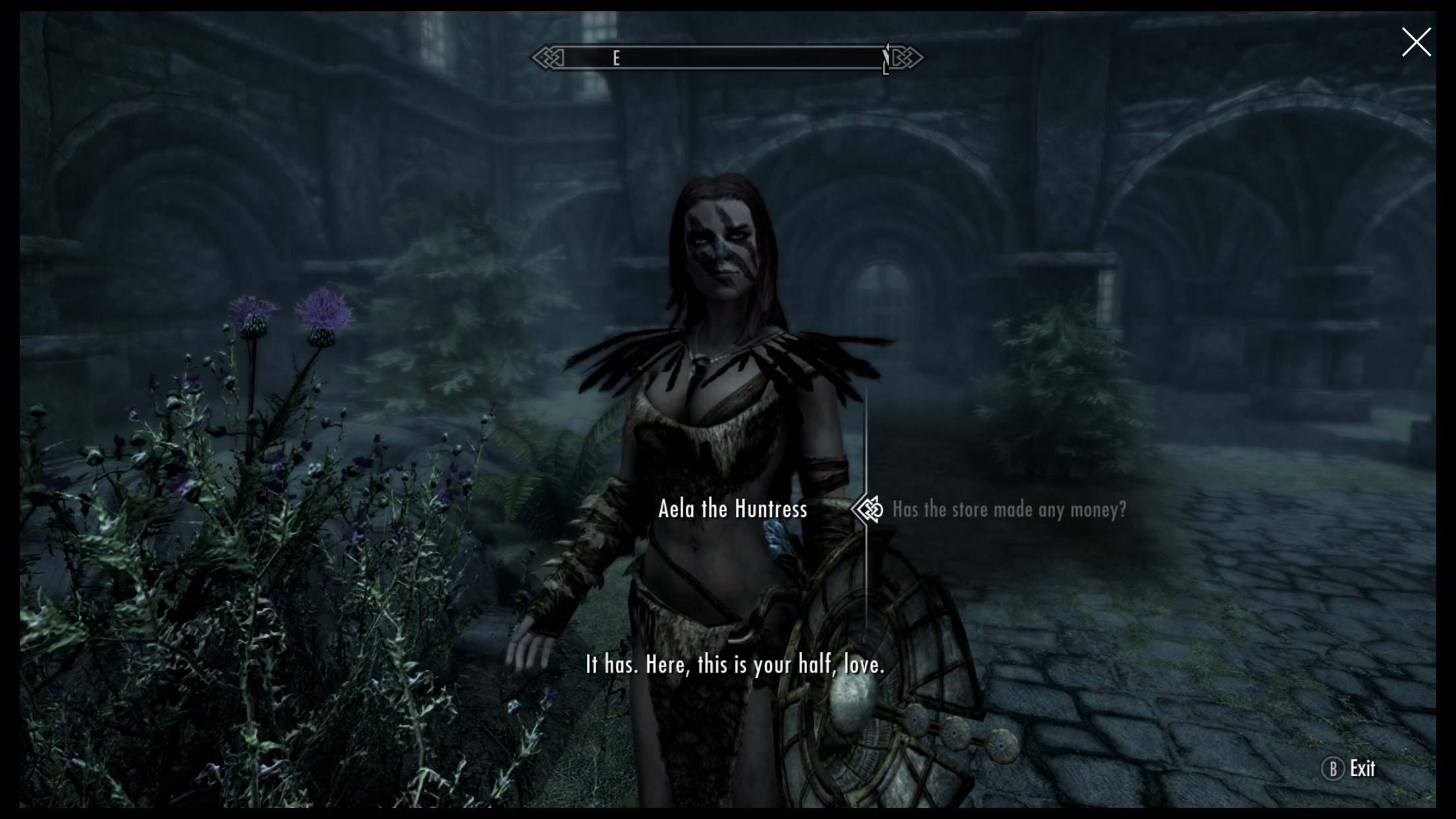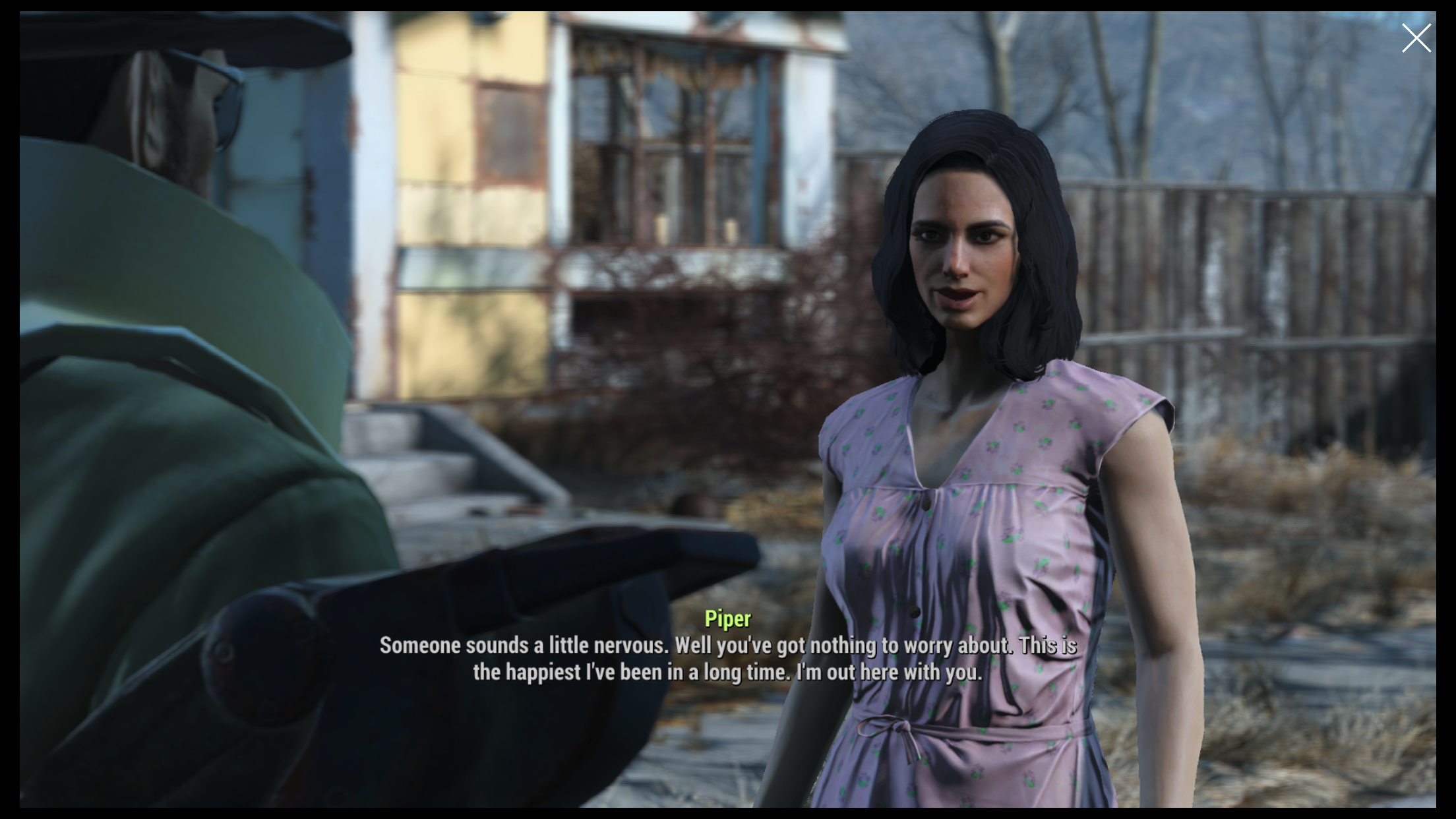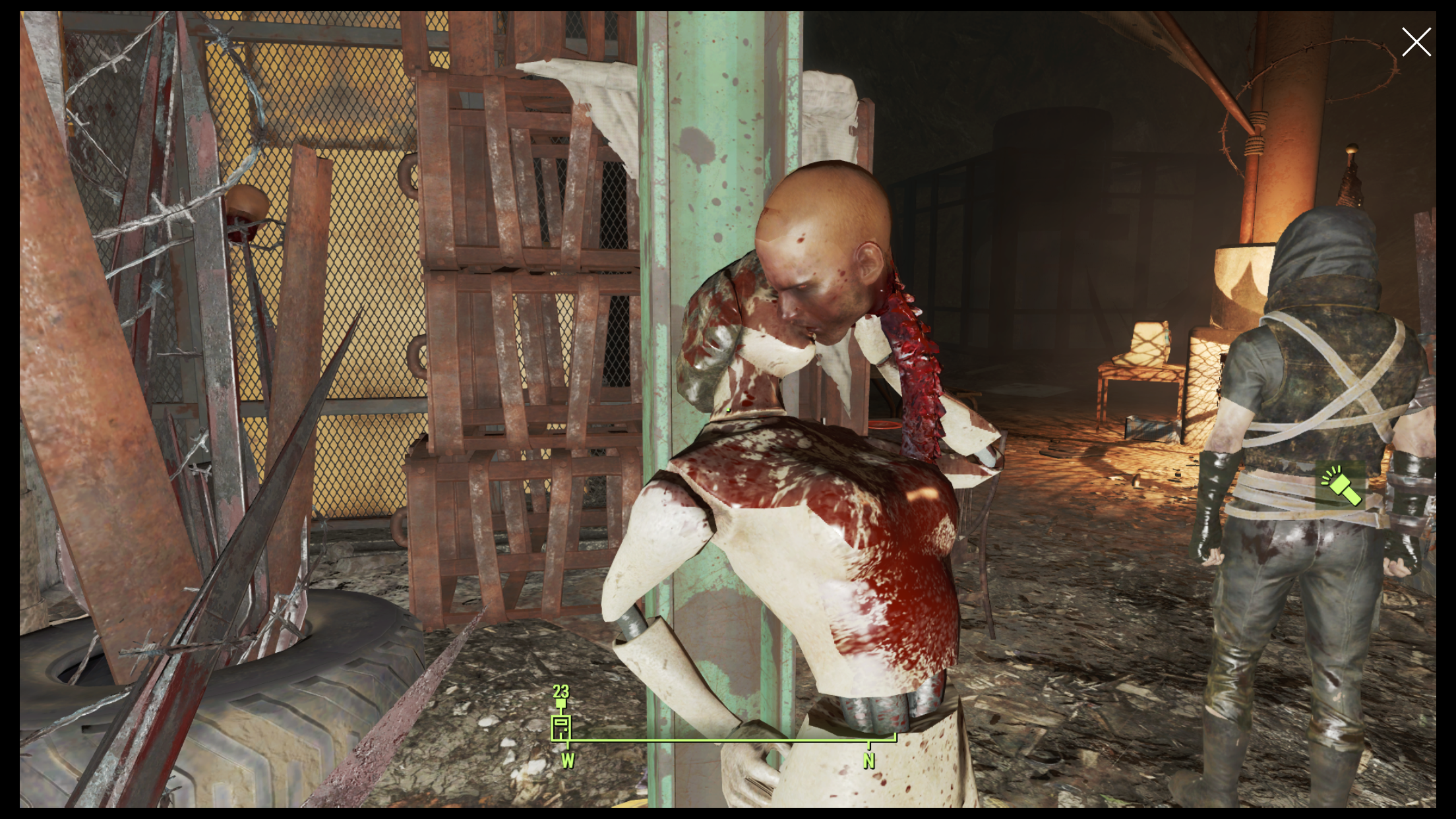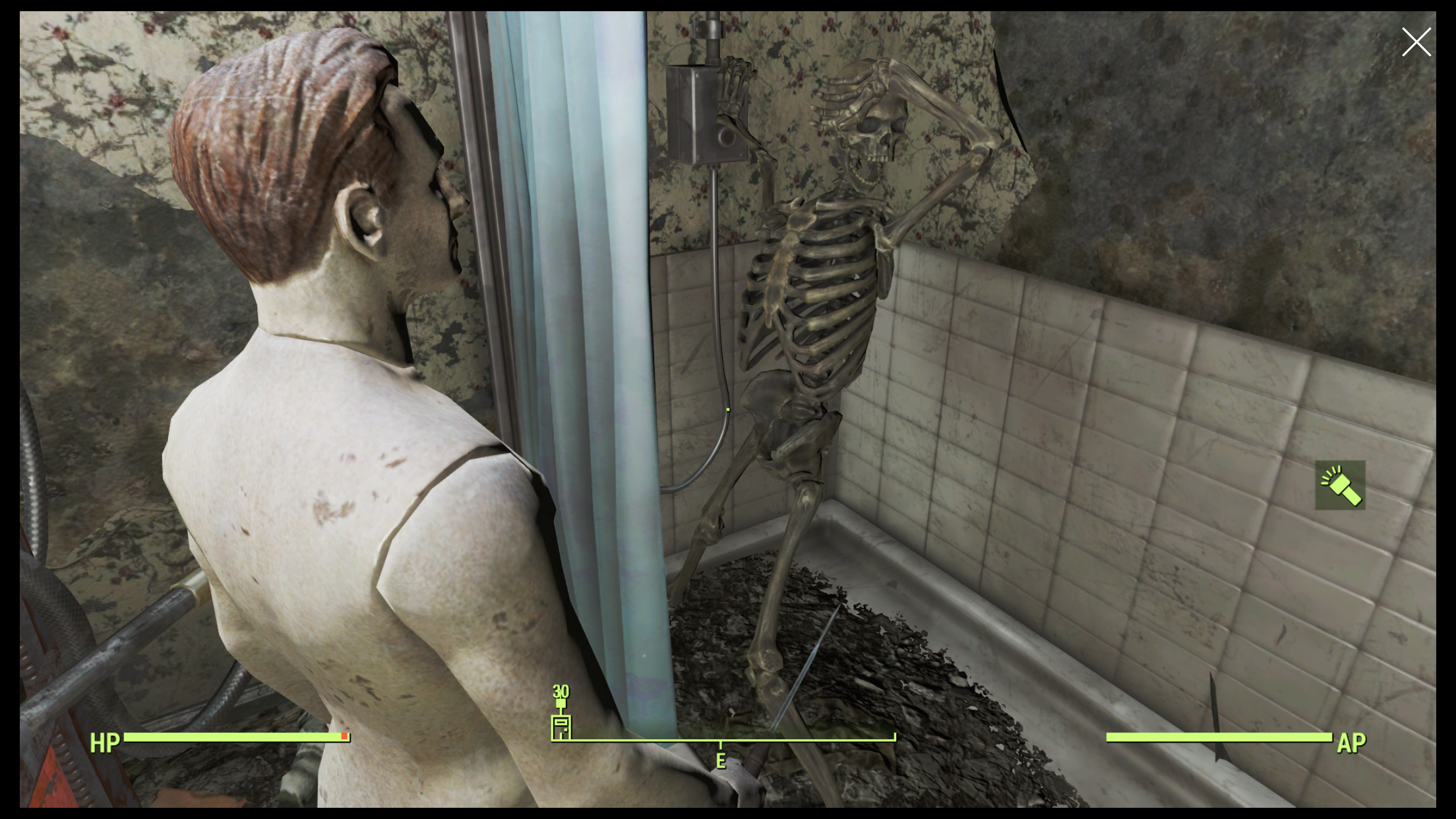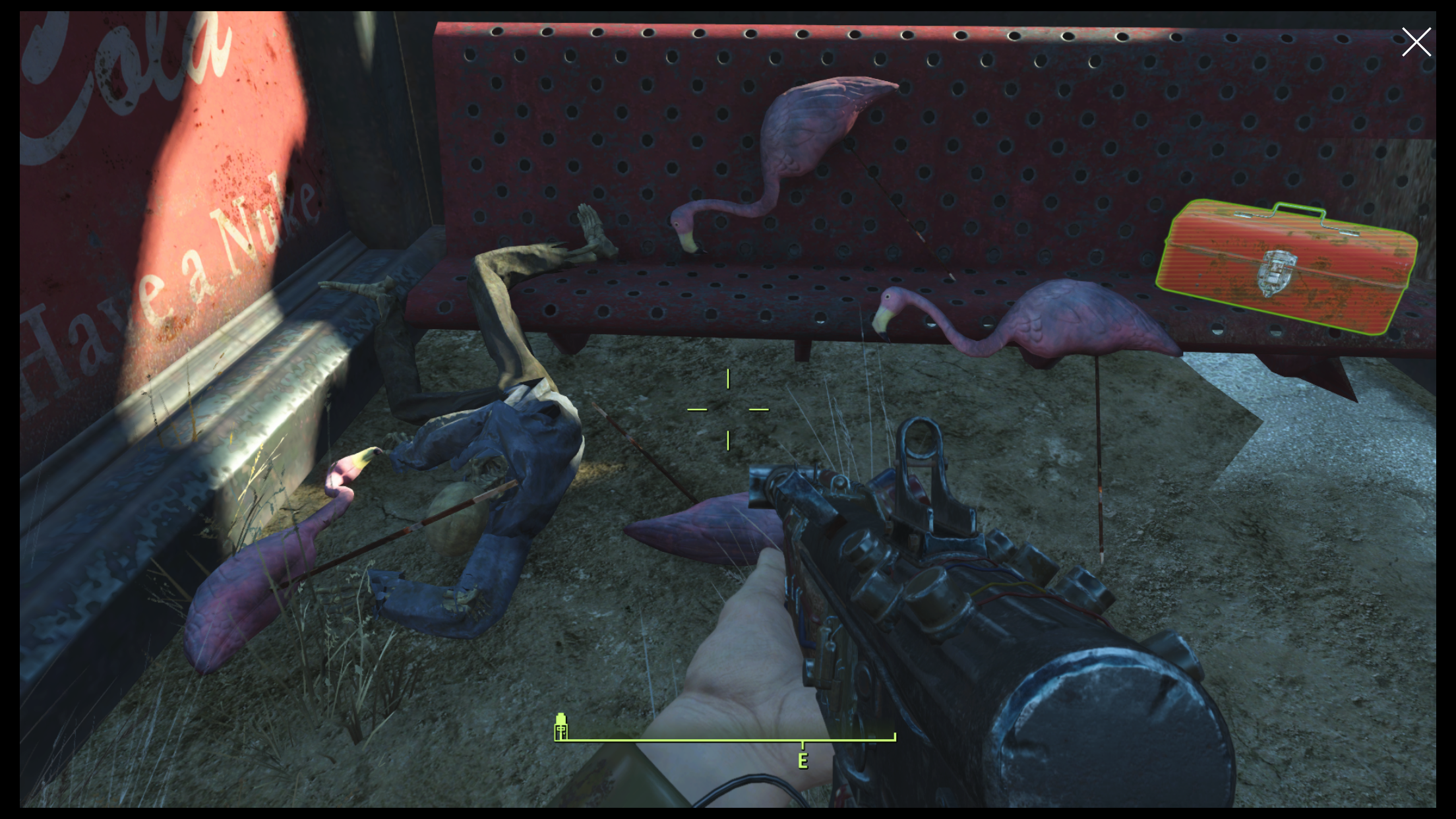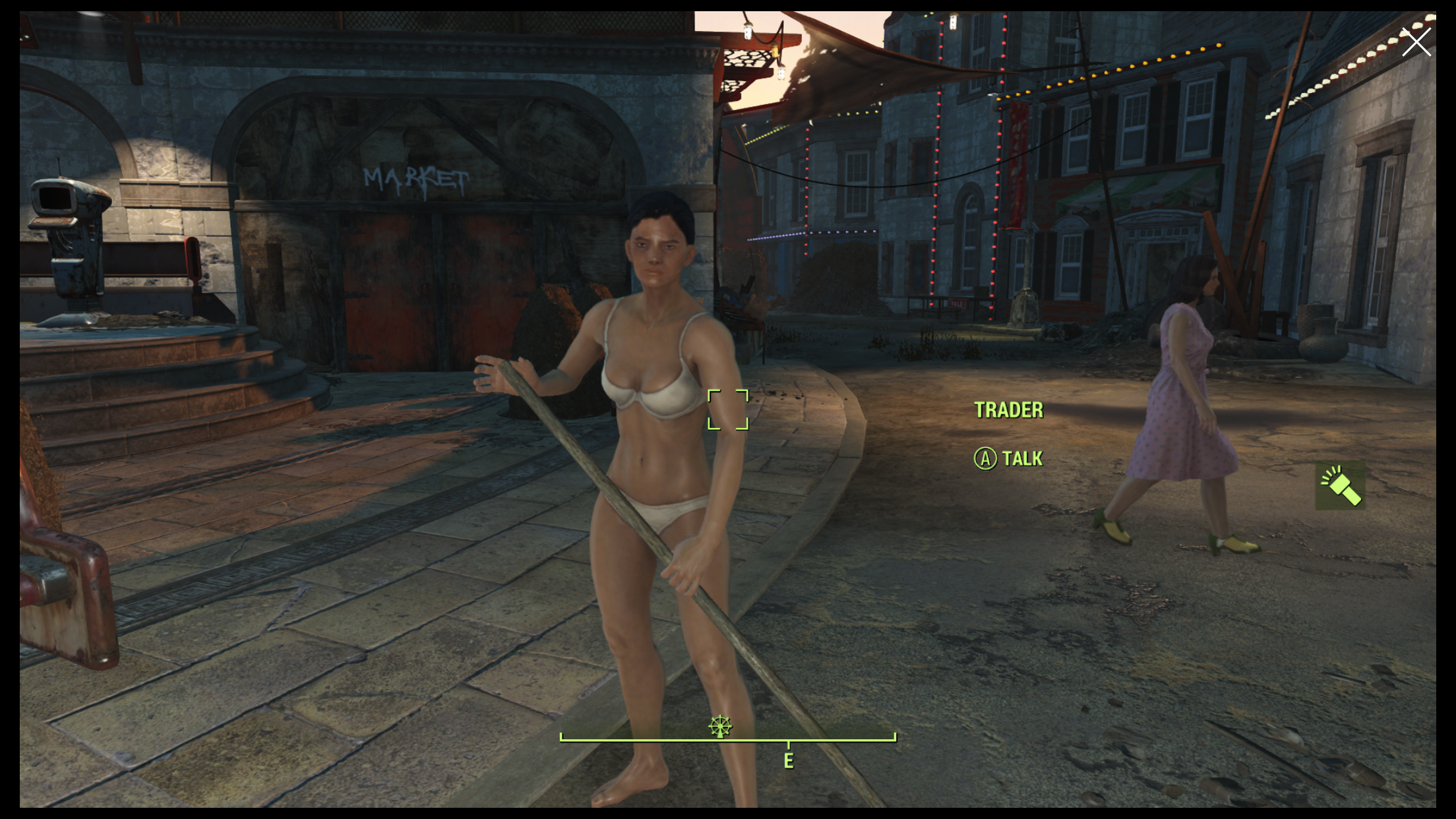 Since E3 last year, I’ve had my eye on Kingdom Come: Deliverance. The game’s concept and design checked off a number of boxes for me–open world RPG, sandbox, medieval, historically accurate. And the last time I bought a new game near its release at full price was Fallout 4, so I figured I could indulge. I bought a digital copy and let the monstrous 20GB+ download while I worked.
Since E3 last year, I’ve had my eye on Kingdom Come: Deliverance. The game’s concept and design checked off a number of boxes for me–open world RPG, sandbox, medieval, historically accurate. And the last time I bought a new game near its release at full price was Fallout 4, so I figured I could indulge. I bought a digital copy and let the monstrous 20GB+ download while I worked.
I then cooked dinner, picked up the kid, and Liz came home, right as the download completed, so I couldn’t play it. Later, after dinner, and as it approached the kid’s bedtime, I finally had a moment where no one needed me, and I launched the game.
But the sound of dad doing something drew a crowd. Dogs piled on the couch, the kid starting asking me questions, Liz started yelling at the kid about something–so I was pleased to see that the game defaulted to having subtitles on. Still, I adjusted the dialog volume to max, as I seem to have to do with every game. And, ignoring the argument taking place around me, I excitedly began a new game and watched the introduction.
[SPOILERS]
So there’s aristocratic shenanigans going on in Bohemia–it’s a politically volatile time and place, and I’m the son of a blacksmith (who has some mysterious past as a master sword-maker, which has made him popular with the local lord).
I awaken late, being young and all, drug from bed by my mother, who starts interrogating me about my antics in town the previous night. I assure her that I was not brawling, despite the bloodied bandage on my hand, and explain that I was in town to see the bar maid. For all I know, that really was what I was doing, because that’s where the game began and it didn’t give me much background. In any case, she believes me, then tells me to go help my father.
Dad’s working on a sword blade for this noble. He needs me to go to the castle and pick up the hilt, which was made by another craftsman, then go extort payment from a client for some recent services and use the coin to buy charcoal which will be needed to finish assembling the sword, and also to pick up some ale from the tavern. It’s more interesting than the errands my own parents used to send me on, that’s for sure. I oblige, and meander down the trail and into town, but not before I trot back inside and eat soup and an apple, because I’m complaining about being hungry and this is a game where eating is a required part of the role playing.
I have no idea where I’m going, so I consult the map. The map indicates objectives with large shields, so I hover over them and opt to place a waypoint on the extortion task first. But since I’m not familiar with the layout of the town, despite my character living here, I wander around behind the proper house before circumnavigating it to find the resident. I say hi, and briefly explain the purpose of my social call. He says he doesn’t have any money. Opting not to be a dick, I respond politely by explaining his debt obligations, and that we’re trying to be nice by not calling in all his debts. He says he doesn’t have any money. I then say that we’re trying to be nice by not taking him to the local magistrate. He then grows angry and decides that his best option is pound the snot out of the local blacksmith’s son–which seems a little extreme.
I’m presented with an incredibly complicated text overlay, explaining the combat mechanics. I take a mental note, as best I can, and begin combat by button mashing. This quickly proves to be a bad tactic, however, as I fatigue myself immediately, my adversary blocks my blows, and responds with a couple well-aimed punches to my face and a knee to my gut. Okay, so combat requires some strategy.
Through trial and error, I get a hang of parrying and jabbing, until eventually the large rude man taps out. But true to his word, he has no money, and instead gives me the key to his trunk inside to pilfer his valuables. I go inside, but don’t see the trunk. I wander through and around the house for a few minutes, grabbing his axe outside in the process, until I eventually find the trunk and take from it a hammer and nails.
I find the trader in the center of town and initiate a transaction. There’s apparently a way to haggle, but I fail to figure it out and accidentally just end up buying his charcoal at cost–10 bags, which I stuff into my pants and continue on.
I then noticed there’s an objective to continue my sword-fighting lessons. There a soldier in town who had been teaching me. Which means, I just lied to my mother–unintentionally, because I didn’t know I had been taking these lessons. Naturally, I continue the lesson, follow the guy as he gradually strolls out of town, and complete another combat tutorial with wooden swords.
Then I head off to the tavern to buy dad’s ale, but stumble blindly into a cutscene. Local youths, implied to be my peers, are having a discussion about the current monarchy. One of the interlocutors doesn’t like the present king, which erupts into a heated argument about treason. The dissenter walks off, and his compatriots confront me about his treacherous words, agreeing that we all need to take some sort of action to put him in his place. They opt to throw dung at his house, and ask for my involvement. But the gamer behind the character is a family man in his 30s, and I’m not readily swayed by peer pressure, especially when it’s regarding flinging poo at someone’s house who has a different political opinion. The gang dismisses me, saying that they’ll go fling poo without me. Whatever. The scene ends.
I spot a buxom lass with a carafe, who’s dressed slightly different than the rest of the villagers (in deep red–a subtle hint that she’s a romantic interest). I walk over to greet her, but she ignores me and walks inside. Once inside the tavern, however, I’m permitted to start dialogue. We exchange some rather elegant words of passion, for teenagers, despite a tavern patron having rudely positioned himself between us while we talk. It doesn’t appear to have any impact on our conversation though, and it concludes with me buying the ale for dad, and the invitation that I come down to see her again that night.
I visit the castle for my final task. I don’t actually get to go inside. The guard outside has the hilt. The conversation is banal, and he hands it over. I take all the items to dad.
Dad gives me a small lecture about how I don’t need to know how to use a sword, despite my protestations that I want to adventure. It’s a typical conversation reflecting a youth’s desire for excitement and an elder’s desire for a quite life. Then a plot device, in the form of another young maiden, appears, explaining to be on an errand to buy nails. Dad hands them over and the camera zooms in on her ass as she walks away. Dad calls me on it, and we begin working on the sword, as more lectures ensue.
Sword complete, dad tests it, then the noble, for whom it’s being made, who had appeared without anyone noticing, tests it, who then encourages me to test it, to which I fail. Dad and the noble argue about the value of learning swordplay. Then there’s more dialogue which I don’t catch because Poppy crapped on the floor and the kid was crying and there’s no way to pause the game during a cutscene.
When I look up, there’s an invading army on the horizon launching burning arrows into town. Dad tells me to run for the castle, which I don’t, because he’s running into town on a suicide mission of some sort…with mom–not sure why she went with him. They’re both cut down, because despite dad’s mysterious past, they’re a couple of unarmored peasants up against trained soldiers. I run for the castle, but they raise the bridge conveniently the moment I arrive, telling me to run, grab a horse, and warn the adjacent province.
With little choice, I run…or try to anyway. The controls are non-standard and a little hard to get a hang of. Something hits me from behind, and again. I notice it’s an enemy soldier, and he quickly dispatches me with another swing.
Reloading, I run immediately, rather than dallying. I still don’t manage it quick enough, as this soldier with some personal vendetta against me chops me down again. This process repeats a few more times before I figure out where to go and how to effectively run there. At last, I make it to a horse, ignoring a maiden’s pleas for help along the way as guards corner her. What am I going to do? Each time I stumble, a soldier kills me instantly. There isn’t much I can do against a whole group of them. Sorry about your luck, lady. I stand idly by the horse for a moment before figuring out that mounting it is “Y” and not “A”, and the soldier catches up to me and cuts me down. Sigh.
Reloading, I run, vault the rock pile, ignore the soon-to-be rape victim, and mount the horse, which starts walking slowly down the trail. The screen layover tells me that to gallop, I should press “B””B”. So, I mash “B” repeatedly, and the horse sort of gallops. I make it through a cutscene showing me getting shot in the leg with an arrow, then I’m in control again to mash “B”. But I take arrows in the back and die.
I reload, run, jump, ignore the rape, grab the horse, mash “B”, watch the unskippable cutscene, and die once my horse tires and stops galloping. I repeat this process many, many times, growing increasingly irritated each instance. Finally, upon dying once again, I consider that I hadn’t understood the instructions. So, I reload, run, jump, near the horse and press “Y”, and…I whistle. I wasn’t close enough to mount the horse, so I whistled instead, which brought the horse running over. That would have been nice to know earlier. I also unlocked an achievement in the process…something I learn more about later.
I press “B”, then again, but hold it rather than continually mash. And behold! My horse was legit running. Before it was only kinda running, since I was telling it to run then trot then run then trot…the instructions could have been a little clearer here. Just telling me “B””B” wasn’t very helpful. Eventually, I make it to the next town, deliver the message, and pass out. For a supposedly open world game, that was a very lengthy, intense, and irritating introduction.
Then I find out that the tutorial isn’t over yet.
Next up: violence, lonely noble ladies, and hitting rock bottom. Also lockpicking (fuck lockpicking).
–Simon
![]() So after years of gaming on computers and their multitude of problems, I bought an Xbox–a machine designed for the sole purpose of gaming (despite Microsoft’s ongoing attempts to make it a social platform). But some games simply cannot be played effectively on a console, and as I’m completely unwilling to use Windows unless I have to, I’ve been eying Valve’s Steam.
So after years of gaming on computers and their multitude of problems, I bought an Xbox–a machine designed for the sole purpose of gaming (despite Microsoft’s ongoing attempts to make it a social platform). But some games simply cannot be played effectively on a console, and as I’m completely unwilling to use Windows unless I have to, I’ve been eying Valve’s Steam.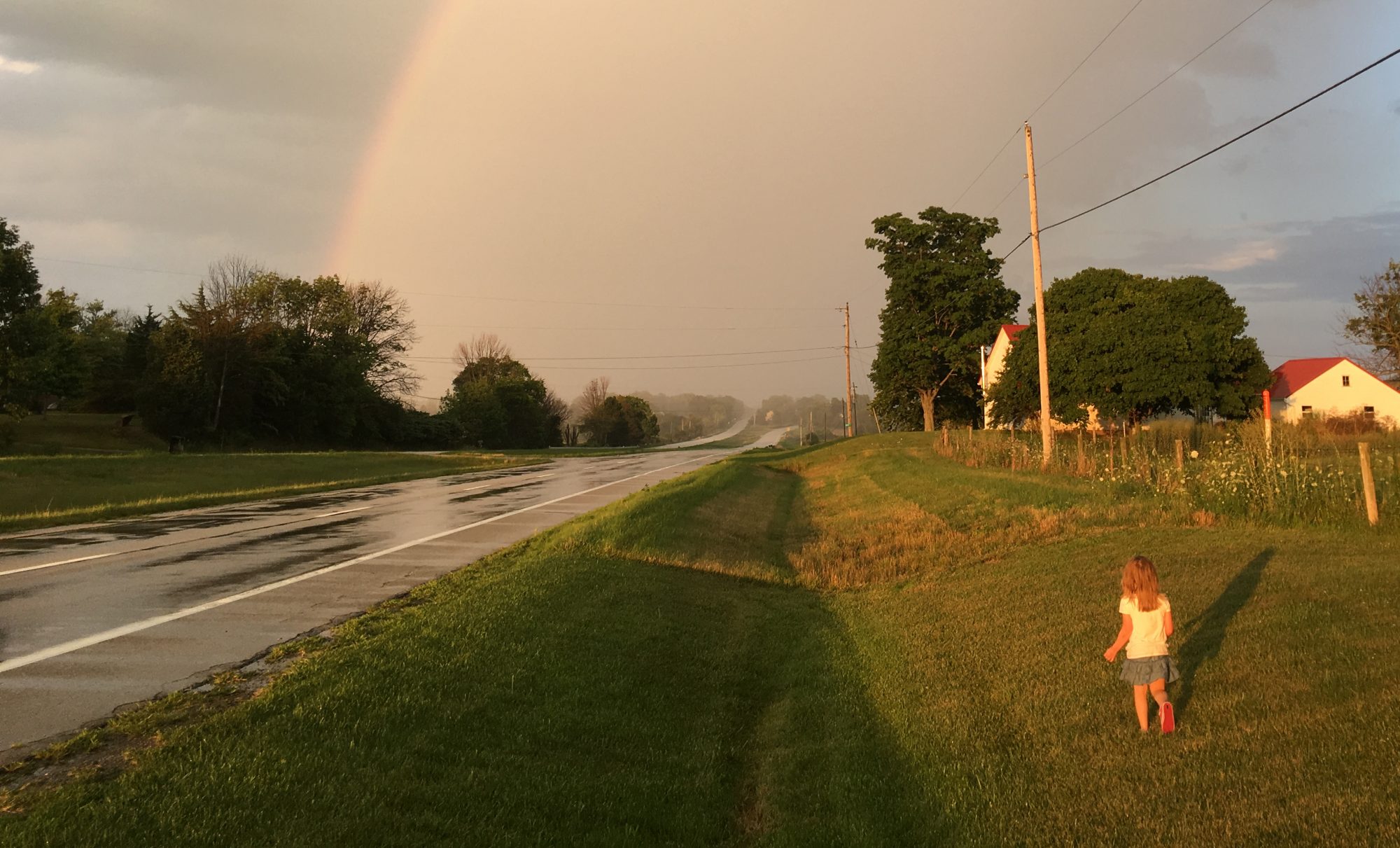
 Since E3 last year, I’ve had my eye on Kingdom Come: Deliverance. The game’s concept and design checked off a number of boxes for me–open world RPG, sandbox, medieval, historically accurate. And the last time I bought a new game near its release at full price was Fallout 4, so I figured I could indulge. I bought a digital copy and let the monstrous 20GB+ download while I worked.
Since E3 last year, I’ve had my eye on Kingdom Come: Deliverance. The game’s concept and design checked off a number of boxes for me–open world RPG, sandbox, medieval, historically accurate. And the last time I bought a new game near its release at full price was Fallout 4, so I figured I could indulge. I bought a digital copy and let the monstrous 20GB+ download while I worked.